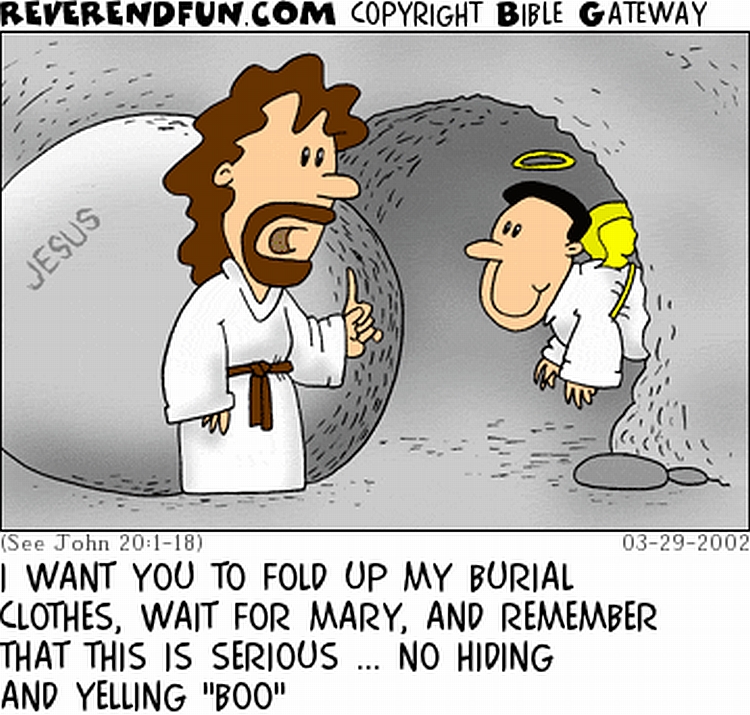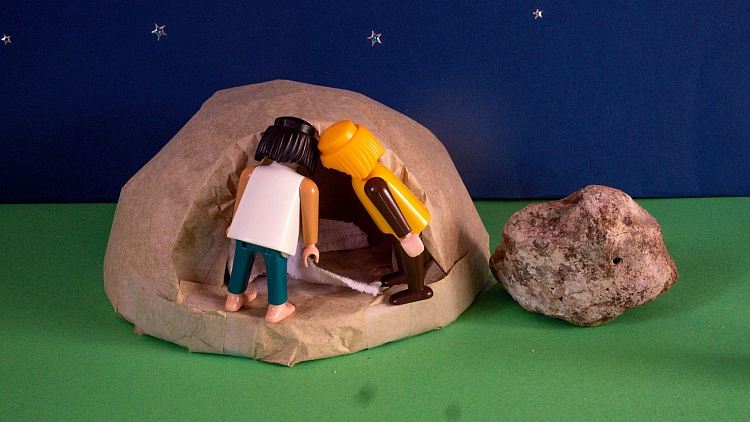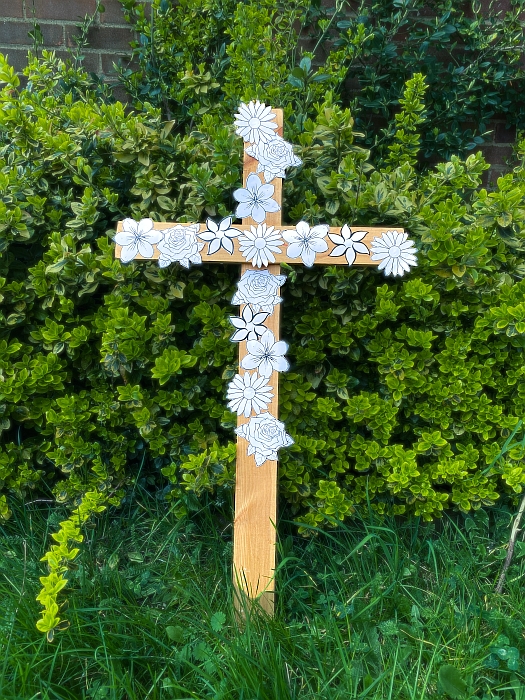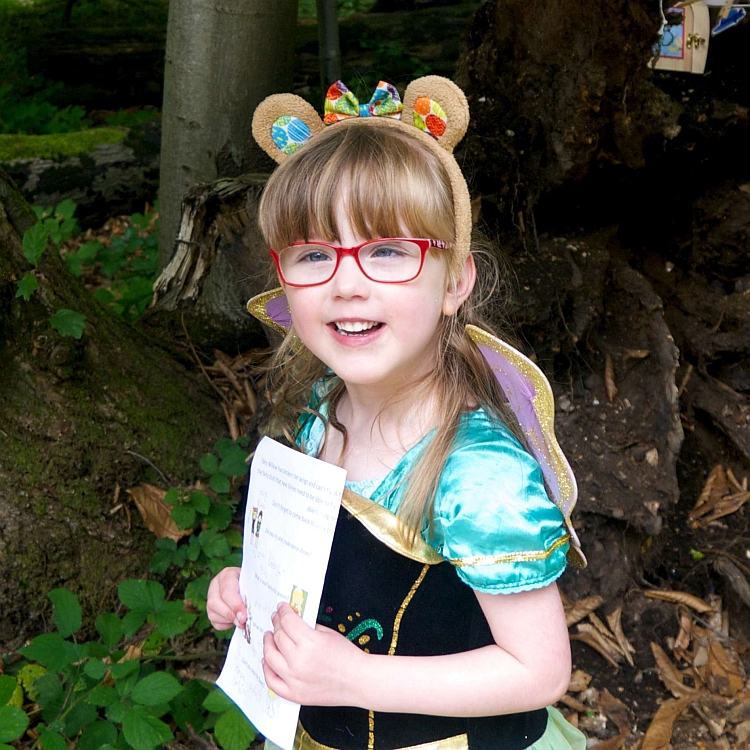
Hello everyone,
Welcome to the latest issue of our church newsletter. I hope you are all keeping well and coping as best you can with the current lockdown restrictions. Our newsletter will continue to be sent out regularly to help continue to maintain contact and a sense of community while life continues to be restricted. You can find previous issues of the newsletter here. We would love to hear from you and are looking for uplifting and encouraging content to share in future issues of this newsletter. If you have any ideas or content that we can share, please do email them to Louise (publicity@christchurchuxbridge.org.uk)
Please note that there will be no newsletter or weekly activities next week as we are taking a well-earned break! Our services and post-service chat will continue as usual.
We start with our opening prayer:
Lord, we come to you as children to their loving parent.
We share the ups and downs of our lives with you.
When we cry on your shoulder, may we know
the comfort of hearing you call us tenderly by name,
and the new dawn of resurrection in our lives.
Amen.
(Taken from Roots)
Reflection from 28 March: Palm Sunday
Reading: Mark 11:1-11
I have never had the privilege to visit the Holy Land, but I understand that to travel from Jericho to Jerusalem, it involves a long hard climb. Jericho is the lowest city on earth, over 800 feet below sea level. Jerusalem, which is only about 12 or so miles away, is nearly 3,000 feet above sea level. The road goes through hot, dry desert all the way to the top of the Mount of Olives, at which point and quite suddenly, I understand you have the first, glorious sight of Jerusalem itself – as well as a sense of exhilaration – and relief – when you get to the top.
Jews came to Jerusalem from all over the Roman world for the week-long celebration of Passover, in order to remember the great exodus from Egypt – the time when God set his people free from slavery. They were coming to celebrate the great Jewish stories of the past – which were mostly stories of freedom and hope. They would also meet up with relatives and old friends. Therefore, there would be a great sense of anticipation and excitement – a feeling that Jewish pilgrims would have every time they went to Jerusalem for a festival – which they did several times a year.
This too would have been the mood of Jesus’ followers as they came up the steep hill. It was Passover time – freedom time! The great spring festival, was at the heart of Jewish life – from that day to this. But it was also, as far they were concerned, the time when God’s ‘sovereign and saving presence’ would at last come true – and would be revealed in a quite new way.
In Jesus’ mind, the ‘Triumphal Entry into Jerusalem’ was undoubtedly a piece of prophetic – or since he knew himself to be far more than a prophet – a piece of Messianic symbolism. So he rode the last two miles, via the Mount of Olives, into the Holy City – not as a warring king on a horse, or in a chariot, but as a gentle and peaceable king on a donkey’s colt – just as Zechariah had predicted – “See your king comes to you, righteous and having salvation, gentle and riding on a donkey, on a colt, the foal of a donkey.
The great crowd that followed Jesus into the city will also have heard of the events surrounding the raising of Lazarus from the dead – the news had spread like wildfire and galvanised them into action. Not only Galileans but also many Judaens, were joining in the excited celebrations. They spread their garments on the road, waved their branches on the way and chanted their ‘Hosanna’s. You don’t spread garments on a dusty, dirty road for a friend or even a respected member of your family – you do it for royalty. And you don’t cut branches off trees, or foliage from the fields, to wave in the streets just because you feel somewhat elated – you do it to make a celebratory procession because you are welcoming a king. Two hundred years before, Judas Maccabaeus defeated the Syrian king Antiochus Epiphanes, entered Jerusalem and cleansed and rebuilt the Temple – and the people waved ivy and palm branches as they sang hymns of praise.
The people will have remembered that.
In waving the branches to welcome Jesus they were saying that Jesus was the true king, come to claim his throne, and that this was the moment when God was to set Israel free once and for all. To add to this, they sang royal hymns and chants welcoming Jesus as the ‘son of David’ – which is just what Bartimaeus had called Jesus in Jericho when Jesus had healed his blindness – which was about as explicit as you could get. Because, they had been waiting and praying for a King like David to arrive and save them from oppression. “Surely” they thought, “this was the moment, Surely Jesus is the king we have been waiting for – let’s celebrate!”
But Jesus knew nothing is that simple. Clearly he was aware of that. This was certainly no attempt to slip quietly into the city without anyone noticing. The way in which Jesus came, the time and the manner of his coming, all referred back to the scriptural prophecies. Zechariah saw the Messiah as the prince of peace – and this was the way Jesus chose to announce himself to Jerusalem. By his very action Jesus proclaimed that he was the Messiah, but a Messiah contrary to all their dreaming – a Messiah without arms or an army, who was riding in lowly pomp into Jerusalem upon a road that had been marked out for him – on a path from which he could not deviate – a road upon which, ever darker fell the shadow of the cross.
From chapter 8 onwards in Mark’s Gospel, the disciples have believed that Jesus is the true and rightful king of the Jews, on his way to Jerusalem to be hailed as such – this is the moment for his royal reception. The people crowded into the streets of the city to welcome him, and many of them – particularly the poor who made up the majority – wanted peace. They wanted an end to occupation, they wanted bread in their stomachs, they wanted a better life – what people always want. Of course they welcomed him. But, this will be the same crowd who will shout ‘Crucify him!’ when Jesus stands trial only a few days later.
The scene ends dramatically, with nothing happening – or not just yet. Mark tells us, in verse 11, that ‘Jesus entered Jerusalem and went to the temple. He looked around at everything, but since it was already late, he went out to Bethany with the twelve.”
Mark leaves us, at this point, in suspense.
I wonder what was going through Jesus’ mind as he approached Jerusalem. The opening verse of the gospel reading puts side by side Bethany and the Mount of Olives. Bethany, the home of Martha, Mary and Lazarus represents a place of happy memories for Jesus, whilst the Mount of Olives would soon become a place of agony and betrayal. The reading embodies these two emotional extremes. There appears to be a sense of quiet foreboding on the part of Jesus – in stark contrast to the delirium of the crowd’s wild hosannas.
We sometimes go on joyous journeys to happy events, reunions with old friends and great family celebrations – which many of us are so looking forward to after months in lockdown and the long separation from our loved ones. And there are also those journeys we dread – a long trek to a socially-distanced funeral; a long-overdue visit to the dentist; a short walk to explain why we have failed to meet a work deadline or have been unable to hand in an assignment on time; or a face to face meeting with someone we have hurt and to whom we need to apologise and to try to heal the pain we have caused.
How do we prepare for and face those situations which worry or unsettle us? How do we prepare ourselves for difficult emotional journeys? How do we cope with situations that pose a challenge to our faith?
The passage raises important questions for us to ponder, about our own following of Jesus, and our loyalty to him. Are we ready to obey his orders – even when they puzzle us? Are we ready to go out of our way to honour him, – finding in our own lives the cloaks to spread on the road before him, and branches to wave to make his coming into a real festival? Or have we become so domesticated and trivialised in our Christian commitment, our devotion to Jesus himself, that we look upon him simply as ‘someone to help us through the various things we want to do anyway’, ‘someone to provide us with comforting religious experiences?’
How fickle are we?
We live in a world that appears more transient than ever, our views often influenced by a media so powerful that can flip public opinion in a moment. Yet we see in this Gospel passage and what follows that, in the space of just seven days, the public response to Jesus will shift from adulation to total degradation.
Are we as fickle as the crowd in the first century?
We are no longer swayed by high priests. But are we ‘too easily persuaded’ by the media and our opinions formed by today’s ‘social influencers’ on Facebook and Twitter or such-like- are we inclined to ‘just follow the crowd’?
Are we as fickle as those, in the crowd two millennia ago – who cheered – and then condemned – in Jerusalem? Do we really take delight in watching people who bend the rules and ‘do each other down’? If so, how different is that from the behaviour of the Jerusalem crowd?
Are we all similarly guilty of such behaviour at times?
Groups of people especially, can be susceptible to many pressures and outside influences – sucked in to ‘blindly following the crowd’. When morality breaks down, or the rule of law is ignored – the consequences can be far-reaching – think about the civil unrest and the attacks on the police in Bristol earlier this week. If large numbers of people really believe they can ‘get away with it’, there is a significant risk that a rule-based society will break down. Legal sanctions are important, but in the end it is public attitudes which matter most.
What makes a mood swing in a crowd, and turns it into a baying mob? People can be fickle. Were the people who cheered the procession on the Sunday, the same people who shouted for a crucifixion just five days later? What tipped the balance between what had been a triumphant homecoming and ended up as a crucifixion? And what might their motives have been? Were they simply following the crowd or were they persuaded that one man needed to die for his people? In John’s gospel, it was Caiaphas who said – You do not realise that it is better for you that one person die for the people than that the whole nation perish.
Palm Sunday is the day which challenges our loyalty, asking how ready we are to follow when faith is demanding, and the going gets tough. Thank God, it is also about the one who – no matter how fickle we may be, or how often we may change our minds – stays faithful to us – even to the point of death.
So, as we move into Holy Week we pray:
Loving God
We pray for all those who are tempted to follow the crowd – unthinkingly
For those who fear that it if they make a principled stand – they will lose their jobs
For those who have too often done things they regret – and find it really hard to change
and for those who simply find it easier – to go with the flow
we ask that you give us all – the strength and courage to stand up for what is right.
In the name of our Lord Jesus Christ
Amen.
Marion McNeill
Our readings for this week
John 20:1-18 (NIV)
The empty tomb
Early on the first day of the week, while it was still dark, Mary Magdalene went to the tomb and saw that the stone had been removed from the entrance. 2 So she came running to Simon Peter and the other disciple, the one Jesus loved, and said, ‘They have taken the Lord out of the tomb, and we don’t know where they have put him!’
3 So Peter and the other disciple started for the tomb. 4 Both were running, but the other disciple outran Peter and reached the tomb first. 5 He bent over and looked in at the strips of linen lying there but did not go in. 6 Then Simon Peter came along behind him and went straight into the tomb. He saw the strips of linen lying there, 7 as well as the cloth that had been wrapped round Jesus’ head. The cloth was still lying in its place, separate from the linen. 8 Finally the other disciple, who had reached the tomb first, also went inside. He saw and believed. 9 (They still did not understand from Scripture that Jesus had to rise from the dead.) 10 Then the disciples went back to where they were staying.
Jesus appears to Mary Magdalene
11 Now Mary stood outside the tomb crying. As she wept, she bent over to look into the tomb 12 and saw two angels in white, seated where Jesus’ body had been, one at the head and the other at the foot.
13 They asked her, ‘Woman, why are you crying?’
‘They have taken my Lord away,’ she said, ‘and I don’t know where they have put him.’ 14 At this, she turned round and saw Jesus standing there, but she did not realise that it was Jesus.
15 He asked her, ‘Woman, why are you crying? Who is it you are looking for?’
Thinking he was the gardener, she said, ‘Sir, if you have carried him away, tell me where you have put him, and I will get him.’
16 Jesus said to her, ‘Mary.’
She turned towards him and cried out in Aramaic, ‘Rabboni!’ (which means ‘Teacher’).
17 Jesus said, ‘Do not hold on to me, for I have not yet ascended to the Father. Go instead to my brothers and tell them, “I am ascending to my Father and your Father, to my God and your God.”’
18 Mary Magdalene went to the disciples with the news: ‘I have seen the Lord!’ And she told them that he had said these things to her.
Further readings from the lectionary this week are as follows:
- Acts 10:34-43
- Psalm 118:1-2, 14-24
- 1 Corinthians 15:1-11
Our worship
Our services are currently online-only and are live-streamed on our Facebook page at 11am on Sundays. If you wish to view our services online, you can find them at www.facebook.com/christchurchuxbridge. You do not have to be a Facebook user to watch them – our services are publicly viewable. You can also view a recent service on our church website. Our Easter Sunday service will be a communion service led by URC minister Rev’d Dr Elizabeth Welch.
We meet via Zoom immediately after the service for a virtual ‘coffee and chat’. The link for this will be shared in the comments on Facebook during the service.
If you are unable to join us in person or online for our Sunday services, but would like to receive a recording of them on a memory stick to watch at home, please let us know.
Holy Week activities
Holy Week
Throughout Holy Week we are sharing a series of reflections and readings each day on our social media channels and on our church website. We have also been sharing some Playmobil Bible readings for Holy Week which you can find on YouTube here.
Good Friday
On Good Friday, we will be sharing a virtual walk of witness on Twitter from 11am. If you would like to follow this, you can find us at https://twitter.com/ChristChurchUx The full text from this will be shared afterwards on our Facebook page and church website.
White flower cross of remembrance
At our Wednesday prayer meeting this week, we shared our white flower cross of remembrance and remembered those named on it.
You can find more information about Lent and Easter activities on our church website here.
Church charity news
Murder mystery evening – Saturday 10th April, 7pm
Join us on Zoom at 7pm on Saturday 10th April for a fun virtual murder mystery evening. If you would like to join in, simply make a donation to our church charity (see below for details of how to donate) and we will send you the meeting link.
You can find more details about our church charity fundraising events and items on our virtual sales table here. Gifts and donations can be made online via Virgin Money Giving or by cash or cheque made payable to Christ Church and clearly marked for the church charity.

Give joy for Jessica – spread a smile on 14 April
On Wednesday 14 April, it will be three years since Jessica died. For the last two years, we have focused on this being a day to #givejoyforjessica; a day to do things to give joy to others and encouraging other people to join in and do the same. Our beautiful brave girl spread so much joy in her short life. Her godmother once referred to her as a “joy-carrier” and it’s the most perfect description of her. She was full of smiles, even when in hospital and made so many other people smile. It feels right to honour her memory by doing the same.
The current restrictions do bring their own challenges when it comes to finding ways to #givejoyforjessica. Here are some ideas of ways in which you could join in:
- Write a letter to a friend or send them a card in the post.
- Share something that you’re thankful for today.
- Share a funny joke online.
- Invite a friend for a walk and perhaps bring a picnic.
- Drop off a bunch of flowers to a friend.
- Donate to your local food bank.
- Phone a friend that you haven’t spoken to for a while.
- Make a donation to a charity close to your heart or sponsor a friend who is fundraising.
- Have a kitchen disco with your children.
- Take the time to say thank you to someone for something they have done.
We hope that you can join us and share a smile in memory of our beautiful big girl on 14 April – if you’re sharing via social media, please use the hashtag #givejoyforjessica so we can see your posts.
Louise and Michael George
Children’s Corner

Praying for other churches
This week we hold the following churches in our prayers:
- South Harrow Methodist
- St Margaret’s & St George’s, Harlesden (URC/Moravian)
Closing prayer
Lord Jesus, thank you for promising to be with us always.
Help us to remember that promise when we don’t feel brave enough to be your disciples.
Help us to remember that the first people to know that you rose from the tomb were ordinary people like us, women and men who didn’t feel very brave.
Give us courage to believe and to tell others – as Mary did – this Easter and always. Amen.
(Taken from Roots)





